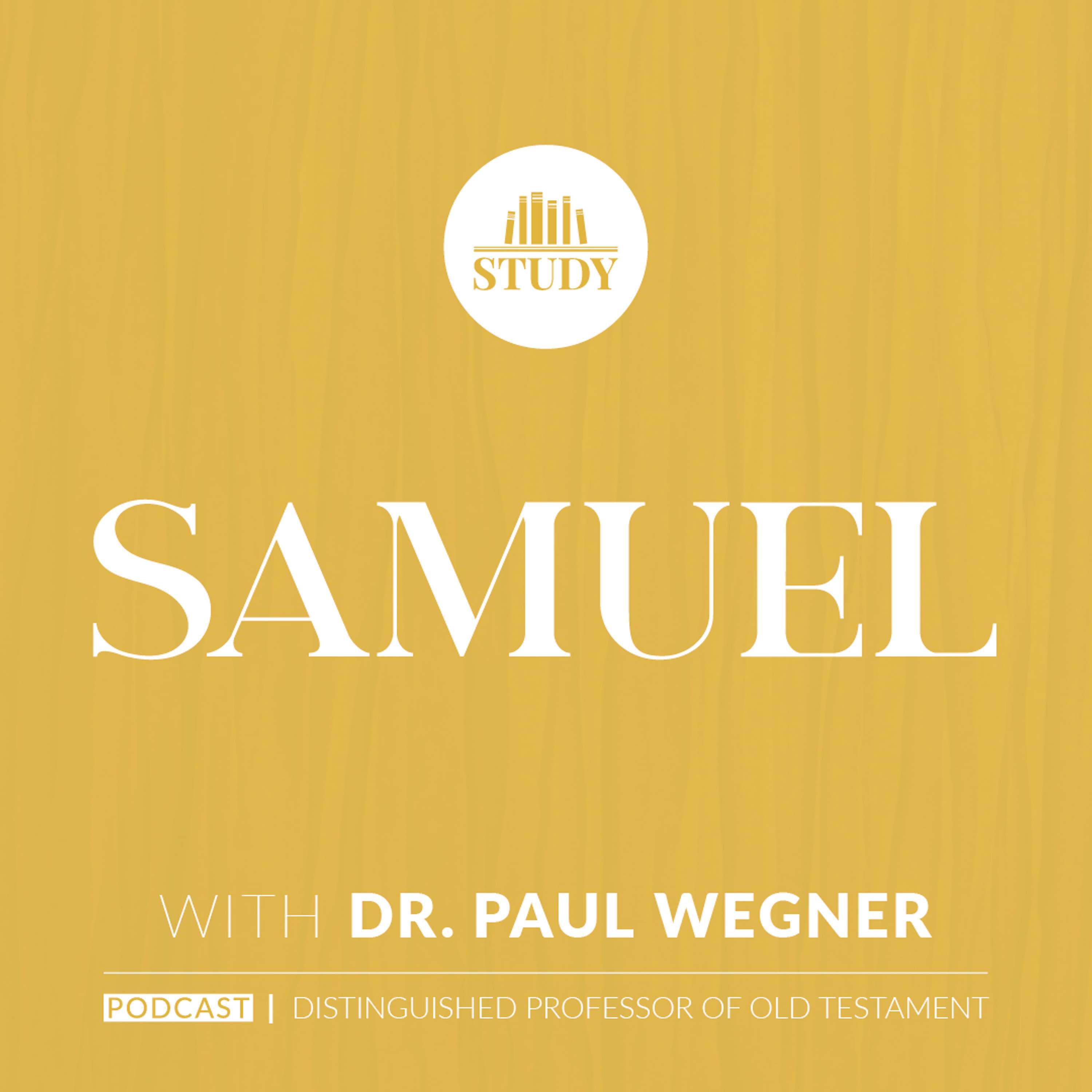Some of my favorite Bible studies are studies that go through the life of a biblical character. I love to learn about Abraham’s faith, Joshua’s courage, David’s humility, and Nehemiah’s leadership. The stories are often gripping and application for my life abounds. However, I often see Bible teachers use lessons about our favorite Bible characters in unhelpful ways. Here are a few ways we can get the most out of studying people in the Bible.
Understand that no character in the Bible is perfect except Jesus.
When the Bible endorses or commends a character, it does not mean that it is endorsing everything that person did. For example, although David was a man after God’s own heart, the Bible condemns his murder of Uriah and adultery with Bathsheba.
Don’t make everything in the character’s life symbolic for your life.
It’s tempting to try to determine what your “Jericho wall,” “red sea,” or “lion’s den” in life might be, but try to resist. Instead, find the theological truth of the character’s life and apply that to your life. Emulating the principle of the character’s story is much better than attempting to apply a one-for-one correspondence for elements within that story.
Determine the character’s quality not merely by the acts they performed.
Sometimes the Bible explains what a character did assuming you know that the law said not to do that. Find interpretive clues about that character by identifying comments within the narration, specific laws regarding that act, and comments made by New Testament authors.
Connect the character’s life to the grand narrative of the Bible.
The character is included in the pages of Scripture because that individual has some part in furthering God’s plan for redemption. Seek to understand how their life, acts, and faith contribute to that overarching biblical plot.
Identify the character’s strengths and weaknesses in order to point your class to Christ.
The faith of Abraham, the courage of Joshua, the humility of David, and the leadership of Nehemiah are all valuable examples for our growth, but those heroes of the faith are still fallible and finite. Show your class how Jesus is even better than these characters and how each person of the Bible points to him.
Read More

Seeing the Unseen
CSBC Women’s Ministry Director Cathie Smith shares how the church can serve the marginalized in its community.

Excerpt — The Complete Works of Andrew Fuller Volume 10: Apologetic Works
In Dr. Chris Chun’s newest publication, he provides commentary for The Complete Works of Andrew Fuller Volume 10: Apologetic Works.
Listen
Historical Books | Samuel Part 1
Dr. Wegner begins this multi-episode coverage of 1 and 2 Samuel by telling us the story of Samuel’s conception, his life as a prophet and the last judge of Israel, and the transition to the kingdom of Israel.

Historical Books | Ruth
Want to find out how to be the best in-law in history? Unfortunately, we don’t have a podcast for that HOWEVER in this episode of The Study Podcast, Dr. Wegner covers the book of Ruth and the many wonderful examples of “hesed” or “loving-kindness” on display from beli

Watch

Jonathan Edwards and the Asbury Revival
Chris Chun and Chris Woznicki discuss the signs of true revival, signs of the work of the Holy Spirit, and why it is important to critically assess the characteristics of revival in a spirit of charity.

Jonathan Edwards and the Baptists | Douglas Sweeney, Nathan Finn and Chris Chun
Dr. Douglas Sweeney and Dr. Nathan Finn joined Dr. Chris Chun for a panel discussion on Jonathan Edwards, recorded live at the SBC Annual Meeting in Anaheim.



